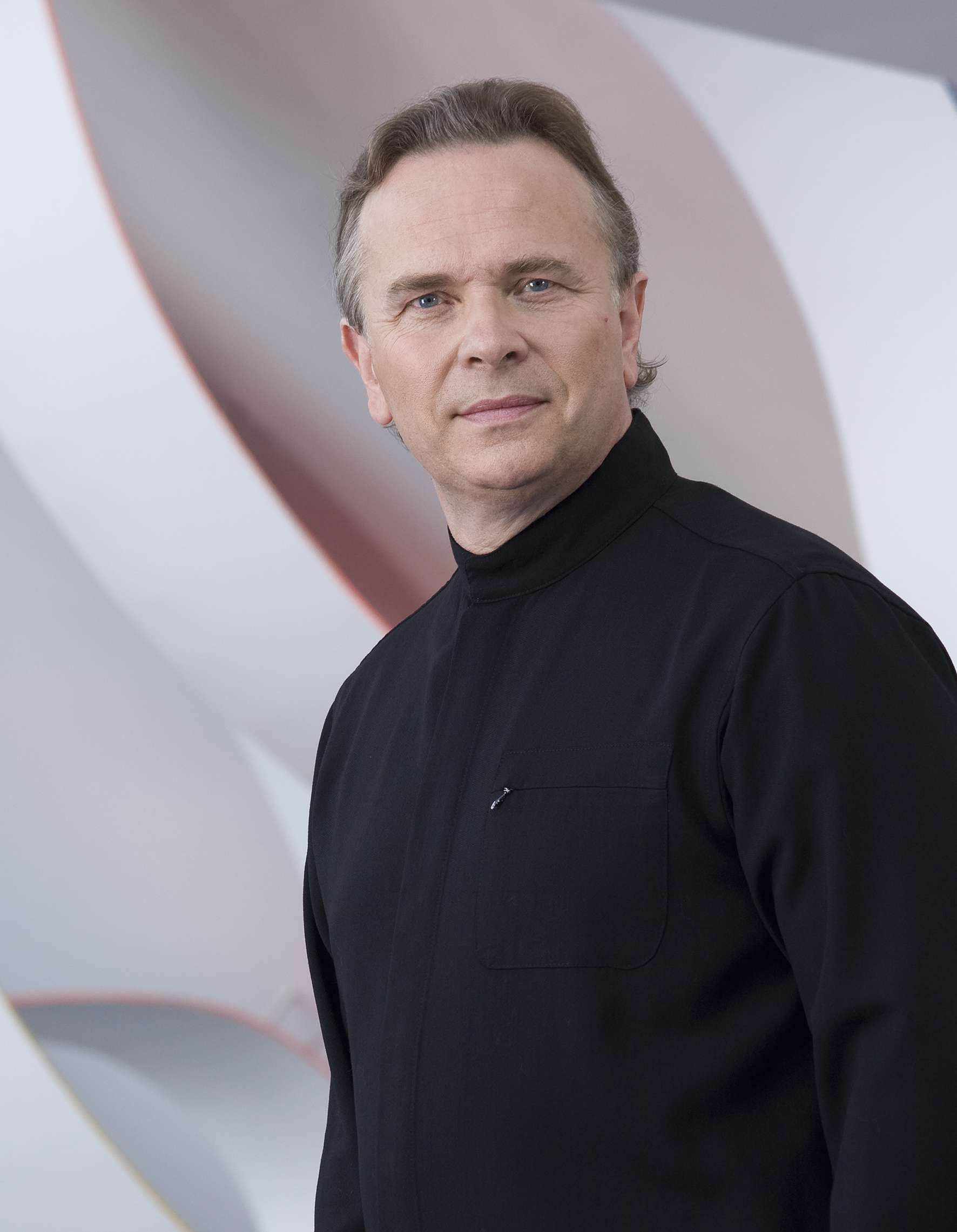|
Back
Paris, Russia and Finland Zurich
Tonhalle
06/08/2011 - and June 9*, 10, 2011
Frederick Delius: Paris - The Song of a Great City
Sergei Prokofiev: Piano Concerto No. 3 op. 26
Jean Sibelius: Symphony No. 1 op. 39
Alexei Volodin (piano)
Tonhalle-Orchester Zürich, Sir Mark Elder (conductor)

Sir Mark Elder (© Sheila Rock)
The British composer Frederick Delius will have been largely unknown to this Swiss audience, even though Delius hailed from German stock. This is an early Delius work, but already all his trademark musical qualities can be heard. This is an impressionist tone poem, contemplative at times, interspersed with brief and livelier passages. The composer offered no official programme for Paris - Song of a Great City but described it as "a nocturne...my impressions of night and early dawn with its particular street cries, very characteristic of Paris and the piece begins and closes with them." It is the Paris of Toulouse Lautrec, evocative of the energy and vulgarity of its nightlife.
Elder brought out Delius’s early (Richard) Straussian and Mahlerian influences particularly in the louder passages, highlighting the impressionist atmosphere throughout. The work deserves an outing, even if only occasionally: it is rather light-weight.
Elder addressed the audience before the work to say that he loved the music of Delius, describing him as “one of the great originals”; his address was very well received by the audience and one does wonder why more European conductors do not do more of the same. Mark Elder is probably not that well-known to Swiss audiences, even though he was the first Brit at Bayreuth. Continental Europe should see more of him.
The Third Piano Concerto is the most popular of Prokofiev’s five piano concertos, as it’s a spontaneous work, both vigorous and melodic and full of striking material. The young Russian pianist Alexei Volodin’s articulation at fast speeds was breath-taking: it was a virtuosic display. There was plenty of sardonic wit and the Finale brought out the fireworks from the keyboard. One could see and above all hear why Volodin was chosen by the Mariinsky Concert Hall (St. Petersburg) as their first “Artist of the Month” and why Gergiev chose to tour with him in the States, Japan, Germany and Spain.
Sibelius’First Symphony is often dismissed as “negligible, but nice” when compared with his later, more mature symphonies. The work shares certain qualities with Finlandia whose inspiration was driven by a fierce patriotism at a time when Finland was struggling against increasing pressure from Russia.
Sibelius is not, for some reason, often heard in Zurich. I did therefore wonder whether the generally genteel and finely blended Tonhalle sound would suit Sibelius, but Elder’s clear conducting style brought out all the Sibelian craggy granite and the chill of the North wind. The brass section of the Tonhalle were splendidly sonorous but special honours from the conductor at the end of the symphony went quite rightly and first and foremost to the principal clarinettist Mike Reid.
Some see this work as immature. Sibelius’ First may not display the ground-breaking originality of his later symphonies, but it is still highly original, well constructed and – given that it is a work with rough edges and evoking dark Scandinavian winters – hugely enjoyable. The credit for that must go to Mark Elder and to the Tonhalle.
John Rhodes
|